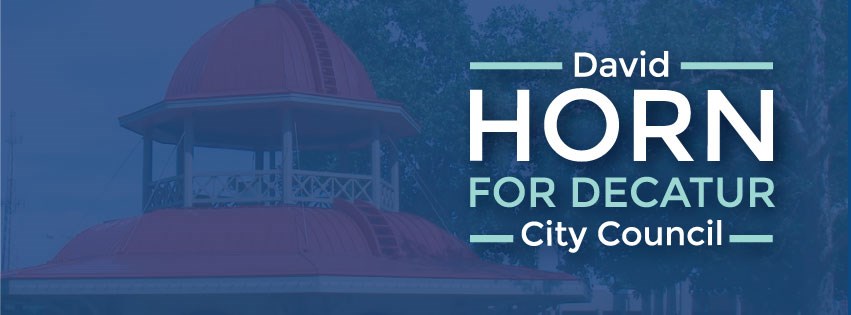
Video gambling is Decatur's newest $100 million industry
In 2017, Decatur saw video gaming become a $100 million
industry. Last year, over $105 million
was put into 407 video gaming terminals in 86 establishments throughout the
city. Overall, individuals that played
lost over $26 million. Generally, the
losses by individuals are split between the vendor of the video gaming
terminals (35%), the establishment that hosts the terminals (35%), and taxes
distributed to the state (25%) and city (5%). In 2017, establishments that hosted video gaming earned over $9 million
from participants’ losses.
The many negative impacts of gambling are well documented
and may intensify societal problems such as addiction, bankruptcy and
crime. However, the social and economic
costs of the societal problems caused by gambling in Decatur are not fully
understood or been quantified. Slots are
popular among older Americans and particularly older women. Given that the median household income in
Decatur of $40,100 is less than both state and national averages, addictive gambling
may cause seniors with fixed incomes to be at risk.
People that participate in video gaming are expected to lose
even more money in 2018. For the period,
May 2016-April 2017, participants in video gaming in Decatur lost $24.0 million
(median loss per establishment was $229,600). For the period, May 2017-April 2018, individuals lost $27.2 million (13%
increase), and the median loss per establishment grew to $287,400 (25%
increase). Unlike buying a product from
a local Decatur merchant, much of the money lost on video gaming leaves our
community as many of the vendors of video gaming terminals and owners of the
establishments are not local.
Gaming losses by individuals are not limited to gaming
parlors and are widespread across establishments. In the last year, only 6 of 86 establishments
had funds put into all terminals combined of <$150,000. Moreover, given the recent decline in the
number of gaming establishments, the growth of this $100 million industry is a
result of more people playing and/or more dollars spent per person as opposed
to the availability of establishments and their machines.
Since its introduction, video gaming has not improved the
quality of life in Decatur nor does it enhance the attractiveness of our city
and its neighborhoods. In its short
history, Decatur now holds the inauspicious distinction of being in the top 3
of videogaming municipalities in the state. Our main thoroughfares contain large signs and flags in front of
establishments welcoming guests to play slots while collectively diminishing
one’s impression of our city.
If we are going to have video gaming, more gaming losses
that our citizens incur should be reinvested in the neighborhoods the money is
being lost from. One of the most
effective ways to do this is by increasing the video gaming terminal fee that
the city collects from its current $250 per machine to $1,250 per machine,
which would raise an additional $400,000 in revenue annually.
In the near future, the City of Decatur will focus on
neighborhood revitalization and discuss ways to fund these initiatives. The $100 million video gaming industry
exhibited 13% growth last year, and similar growth is expected this year. Increasing video gaming terminal fees will
provide the city with a consistent and predictable source of funds for
neighborhood revitalization initiatives such as the removal or rehabilitation
of delipidated homes and abandoned buildings. For a city with over 125 houses on the demolition list, for a city with
over 1,600 active cases for property-related code violations, for a city whose
population has declined over 5% since 2010, revitalizing our neighborhoods must
be a top priority, and unlike video gaming, will improve our quality of life.
